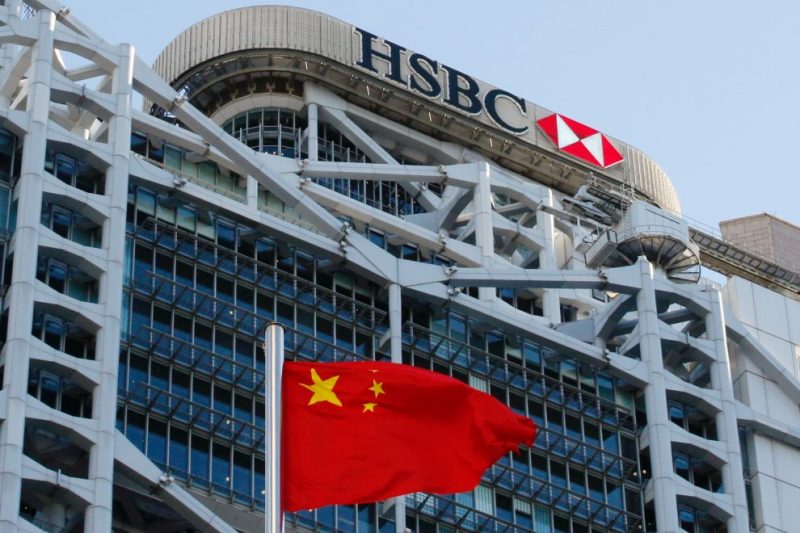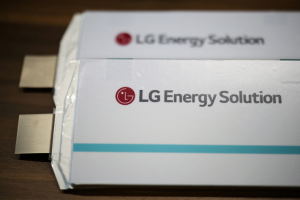HSBC Holdings has warned of rising bad debt charges and a falling core capital ratio after posting a higher-than-expected 65% tumble in first-half pre-tax profit as the coronavirus pandemic hit the bank’s business worldwide.
Europe’s biggest bank by assets reported on Monday a pre-tax profit of $4.32 billion for the first six months this year, lower than the $5.67 billion average of analysts’ estimates compiled by the bank.
HSBC increased its estimate of total bad debt charges it could take this year to between $8 billion and $13 billion, as it reflected worse-than-expected actual losses in the second quarter and expectations of a steeper decline in the economy.
“What we have seen this quarter is quite a sharp shift in economic outlook for the global economy, the famous ‘V’ has got a lot sharper and as a result we have materially increased our provisions,” Chief Financial Officer Ewen Stevenson said.
The bank’s business in Britain has been hit particularly hard, Stevenson said, as it took a $1.5-billion charge against expected credit losses.
Souring loans
HSBC’s results reinforced the trend of lenders across the world increasing their buffers to absorb souring loans at a time when companies – from aviation to retail and hospitality – reel from the impact of the Covid-19 pandemic.
Its Hong Kong listed shares dropped as much as 4.2% on Monday afternoon, outpacing a fall in the local benchmark, to their lowest since March 2009.
The bank’s credit impairment provisions in the first-half soared to $6.9 billion, compared to $1 billion the same period a year earlier. It had set aside $3 billion to cover loan losses in the first quarter.
Impairment charges included a $1.2 billion writedown on the value of software it owns, mainly in Europe, it said.
HSBC also warned it expects a hit to its core capital ratio, a key measure of financial strength, this year as falling credit ratings impact its risk-weighted asset ratio.
Its revenues fell 9% in the six-month period, as global interest rate cuts and declining market values on assets in investment banking and insurance outweighed higher income from its trading business.
‘High degree of uncertainty’
“Given the current high degree of uncertainty, we are continuing to monitor closely the implications on our business plan and medium-term financial targets, while also undertaking a review of our future dividend policy,” CEO Noel Quinn said in a financial statement filed with the stock exchange.
Adding to Quinn’s challenges, the Asia-focused bank has been caught in the crosshairs of political unrest in Hong Kong, whose economy contracted for the fourth quarter in the April-June period, posting the second biggest drop on record.
“We will face any political challenges that arise with a focus on the long-term needs of our customers and the best interests of our investors,” Quinn said.
(Reporting by Alun John in Hong Kong and Lawrence White in London; Additional reporting by Noah Sin in Hong Kong; Editing by Muralikumar Anantharaman)
























